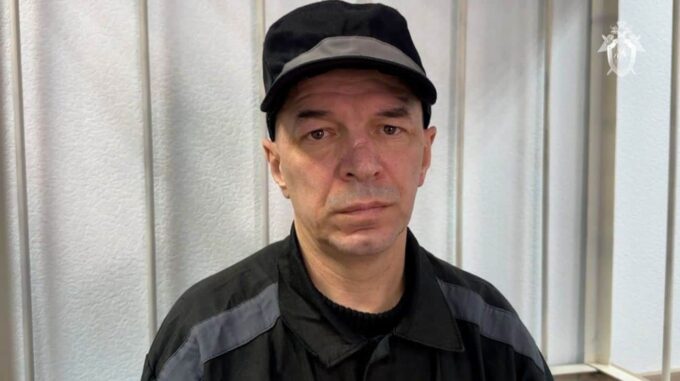Russian law enforcement authorities sentenced Ukrainian soldier Vitaliy Lutsenko to 16 years in prison for allegedly committing a “terrorist act” in the Kursk region

This case has sparked widespread resonance among Ukrainian communities and international circles, as official Moscow disseminates information that undermines the reputation of the Ukrainian armed forces and their personnel. According to data released by the Investigative Committee of the Russian Federation, Lutsenko, a senior soldier in the 33rd Separate Assault Battalion of the Ukrainian Armed Forces, was detained in October 2024. Russian investigators report that he, along with a group of military personnel, crossed the Russian border and carried out a series of armed actions in the Serdzeansky and Korenevsky districts of the Kursk region. It is indicated that the actions of the Ukrainian serviceman included threats to local residents, obstruction of evacuation efforts, and firing at both Russian military personnel and civilians. Additionally, during the operation, Lutsenko allegedly participated in the blockade of the village of Olyhivka, which is now under investigation. Russian officials assert that the detention occurred as a result of effective actions by Russian Armed Forces personnel, who transferred him to investigators. By court decision, Lutsenko was sentenced to 16 years of imprisonment — consisting of three years in prison and the remainder in a strict regime penal colony. This ruling has provoked broad public discussion, particularly among Ukrainian politicians and experts, as it signifies an escalation of repression against Ukrainian military personnel on Russian territory. From their side, Russian official sources state that such actions are part of the fight against terrorist activities and violations of borders. At the same time, this news was announced amid Russia’s declaration of yet another verdict against a Ukrainian serviceman. Overall, the case surrounding Lutsenko’s sentencing reflects the tense relations between the two countries and forms part of a series of events demonstrating the complexity and multifaceted nature of the Ukraine-Russia conflict. A precursor to these developments was the Russian judicial authorities' decision on May 19, 2024, when they found Ukrainian military personnel Sergey Chumasov guilty of a terrorist act and sentenced him to 15 years in prison. This indicates a trend of Russia applying strict measures and actively pursuing Ukrainian military personnel under their legal system. In general, such rulings shape the current understanding of this conflict, where judiciary tools are used as instruments of political pressure and propaganda, and Ukrainian soldiers remain under constant pressure from official Moscow. At the same time, Ukraine and its international partners will insist on adhering to human rights and humanitarian standards, as well as on the return of military personnel from captivity and detention amid this complex situation.

